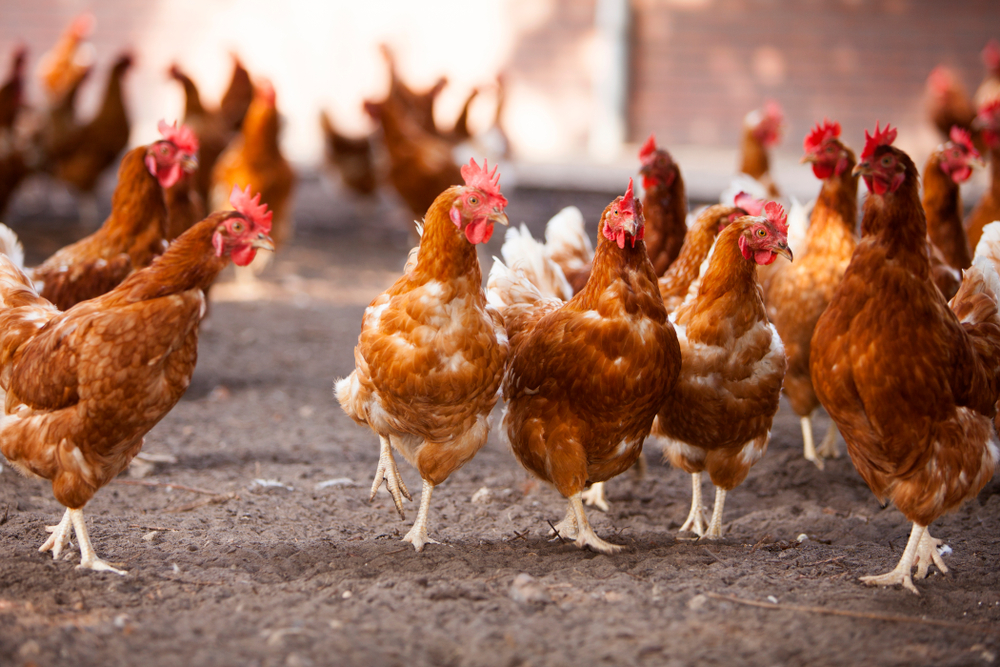Two vaccines have proven to be effective against avian influenza infections. A field test conducted by Wageningen Bioveterinary Research at the behest of the Ministry of Agriculture, Nature and Food Quality (Dutch acronym LNV). The ministry calls it a key step towards extensive inoculation of poultry.
Previous lab studies conducted by Wageningen Bioveterinary Research (WBVR) already demonstrated that two vector vaccines against high-pathogenic avian influenza were effective in preventing the disease from spreading. Because a vaccine may show a different level of effectiveness under field conditions, these two vaccines were then tested at two egg farms. The test was conducted by Wageningen University & Research (WBVR), Royal GD (Gezondheidsdienst voor Dieren/Animal Health Services), and the Utrecht University Veterinary Faculty.
Transmission tests
A total of 1800 day-old chicks were vaccinated against avian influenza last September. A number of transmission tests were done at different times, which involved removing chickens from their coop and exposing them to the bird flu. The first test, eight weeks after vaccination, showed that the vaccines prevent infection. More transmission tests will be carried out in the next eighteen months to determine the efficacy of the vaccines over the full laying period. The fact that the vaccines prove effective in field conditions is a key step towards large-scale vaccination.
Follow-up pilot
During the next stage, poultry on more egg farms will be vaccinated with a vaccine approved for the European market. WBVR is not involved in this follow-up pilot, as it focuses mainly on other aspects of the vaccines such as gaining experience in administering them and the possible negative effects on the poultry product trade.

 Photo Shutterstock
Photo Shutterstock